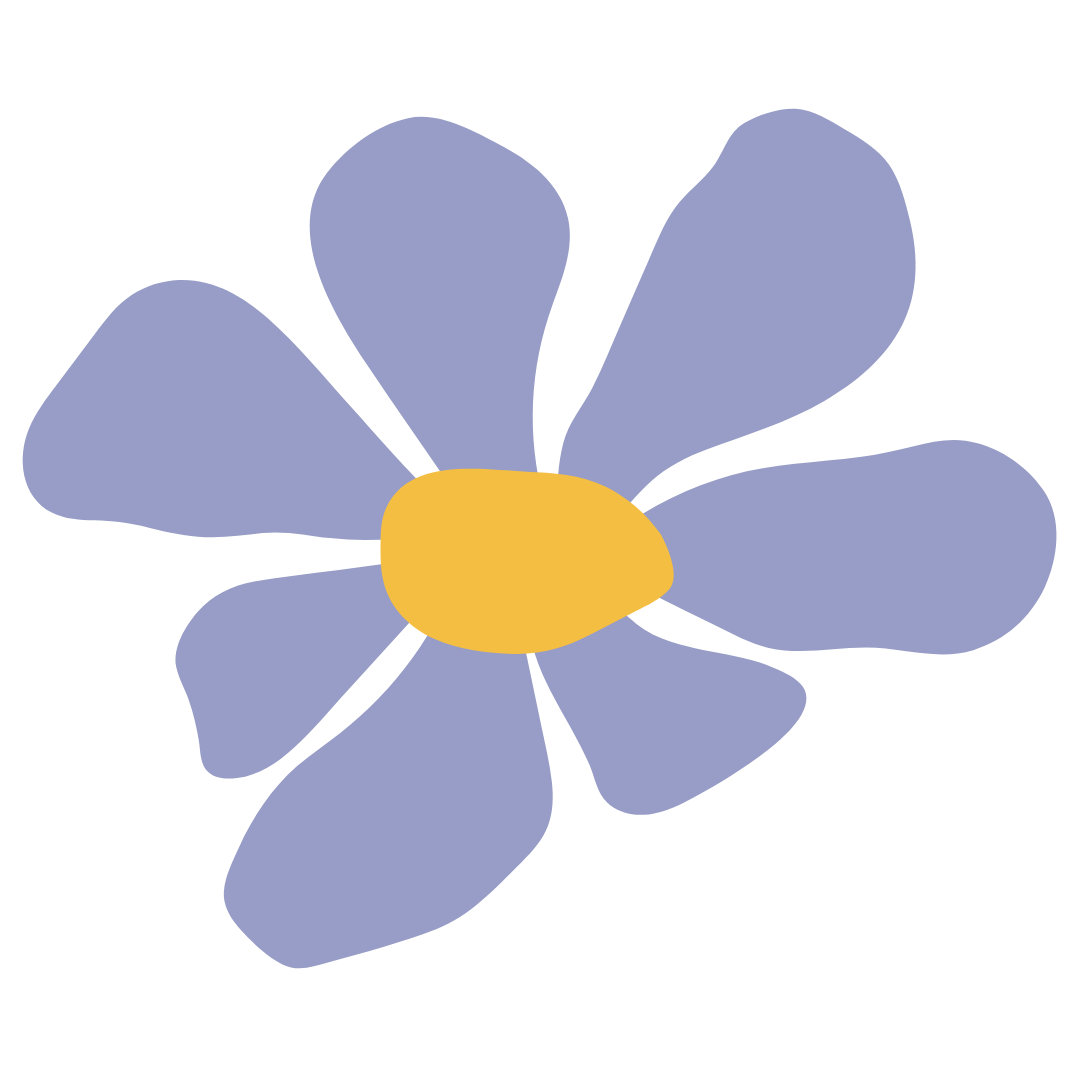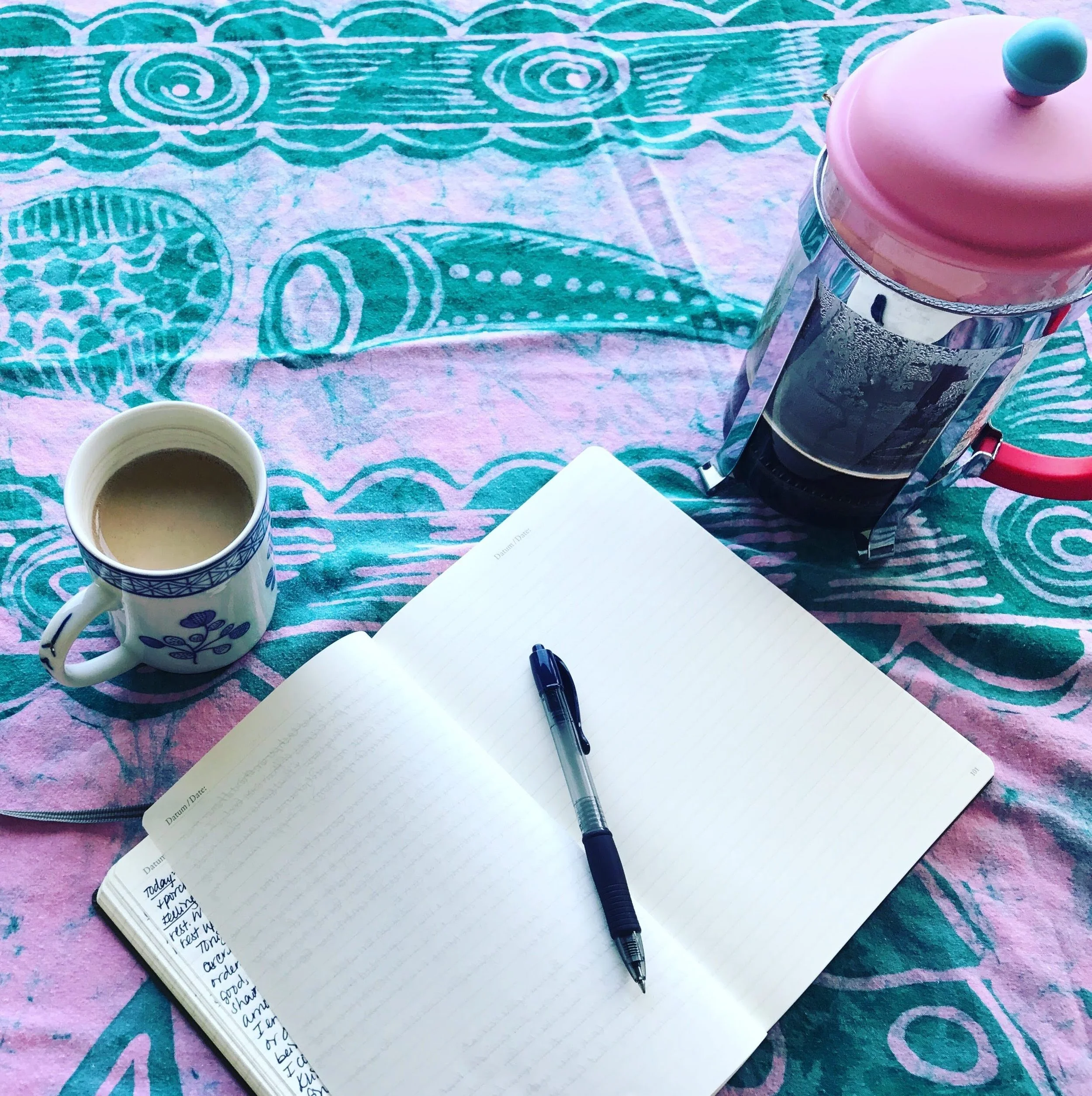Engaging Responsibly with Technology: What is it you plan to do with your one wild and precious life?
Every single habit that we have, every quality that we possess has the potential to be a gift and a curse. The “curse,” or the shadow side, is revealed when this habit or quality is out of balance, or utilized without awareness and intention. Our use of technology is no different. Our devices can be crucial in helping us stay connected to people that are far from us, and often the content that we access can help us learn and be inspired.
The shadow side of our use of technology is rooted in its addictive design – that most of us don't seem to be able to maintain personal power over when, how long, and in what capacity and context we are using our devices. We get sucked in, often without even knowing it.
Even knowing that this is a danger, most of us will not choose the extreme of walking backwards against the flow of the march of technology. I don’t see us throwing our phones into the ocean and going back to simpler times! And anyway, it’s this kind of all-or-nothing thinking that prevents us from figuring out the complex and nuanced question for ourselves: How can we find our way to engaging responsibly with technology with regard to our mental, emotional, physical, and spiritual health?
What is it you plan to do with your one wild and precious life?
In Catherine Price’s book “How to Break Up with Your Phone,” the part that made the biggest impact on me was a little section entitled, “Come Back to (Real) Life.” In this section, Price offers a few prompts to “get back in touch with what makes us happy in our offline lives.”
I’ve always wanted to:
When I was a kid, I was fascinated by:
If I had more time, I would like to:
Some activities that put me into flow are:
People I would like to spend more time with include:
What I love about these questions is that they are sourced in the big and very important “WHY?” For what purpose are we wanting to change our technology habits? Change happens when we are positively and intrinsically motivated, less so when we feel shame or “shoulds.” The dire research about what technology is doing to our brains is informative, but our most compelling motivation will be sourced in our truest desires:
How do I want to spend my limited time?
How do I want to use my limited energy?
What is alive in the real, tangible world right here that I want to dive into?
In short: What kind of a beautiful life do I want to be having, and how do I want to be spending my time and energy in service of this?
My favorite poet, Mary Oliver, wrote a poem called “The Summer Day,” where she describes strolling through the fields watching a grasshopper, and she concludes:
“Tell me, what else should I have done?
Doesn't everything die at last, and too soon?
Tell me, what is it you plan to do
With your one wild and precious life?”
For myself? I had a taste of this wild and precious life during the lockdown, when all of a sudden, my husband and I were gifted with more time to spend together. We started to make music, to sing together at the beach in the wind. We baked bread, we learned to make beef jerky and Nashville hot chicken sandwiches. We tie-dyed bright and fun clothing for ourselves and for friends. And I don’t want to ever go back to not doing things like this.
What I notice is that when I spend time off of screens, I tend to CREATE rather than CONSUME. (But I did consume that Nashville hot chicken sandwich with pleasure!) Creating is fun, life-affirming, celebratory, and a key part of being human. Conversely, consuming the content that someone else has created and posted, especially consuming it mindlessly and indiscriminately, often causes a rollercoaster of emotions and reactions – it has us in reactive-mode rather than empowered-mode.
It is in service of joy and aliveness that I am working with my own tech habits and also thinking of ways to inspire others to do the same.
Habit Change is Small and Regular
Use of devices is based on habit, and one of the most salient strategies in the realm of habit change is to start small. Big change is possible when we move in small steps and never stop. Our use of technology over the course of a day is made up of small choices: pick up the phone or not, sleep with it right beside me or not, do the thing I was wanting to do on my phone (like check the weather)... or get lost checking something else. So a natural starting place is to bring awareness to small choices.
Awareness Can Come from Making a Big Change
For most truths, the opposite is also true! In this case, sometimes something BIG is a way to jolt us out of our habitual routine, raise awareness, and offer us a chance to learn. For example, there's a program called the Whole30, which guides a person in removing various kinds of foods from their diet for 30 days. The intention behind this program is not that a person would eat that way all the time, what this big change in eating is meant to do is to bring out the contrast, to allow participants to see what it feels like to totally shift your ways of eating. At the end of the 30 days people tend to have new ideas about what “normal eating” will be like for them going forward.
Tech Freedom Challenge
So what I am proposing in the upcoming Tech Freedom Challenge is working on both of those fronts, the big and the small. For seven days, we're going to focus on very small choices. For example, where do you put your phone during the day? Right beside you or out of sight? We’ll begin with small invitations to shift our behavior, and we’ll pay attention to what impact they have.
After the seven days, we're going to move toward a biggish step: taking 24 hours completely off of screens. Again, the idea there is not that we'll never use our screens again, but that by abstaining for one day, we actually gain clarity about what it is like to not be on screens. This shines a light on the contrast that has been invisible – how being on screens affects us every day.
If you’re wanting to change your relationship with your devices, I warmly invite you to join me in the Tech Freedom Challenge, December 5-12, to benefit from the power of community to help keep you motivated and accountable. This challenge takes place on our online community platform, which is free to join (and the challenge is free as well.)
In this challenge, you’ll receive…
Daily invitations to reflect and interact more intentionally with tech, especially your phone
The support of our community through our online course area
Additional background resources
An invitation to join on a live call (Dec. 13, 5:30 pm Pacific) to reflect on your learnings
It’s worth it. You’re worth it.
I was telling a colleague about the Tech Freedom Challenge recently, and when I mentioned taking 24 hours completely off screens, she said, “That sounds really hard.” You know what? It might be really hard. Even being aware of our little choices might be hard, too. Change usually is. I think it's worth it, because we get to take back the power that we have over our own lives and create a new story. As Glennon Doyle says, “We can do hard things.”



